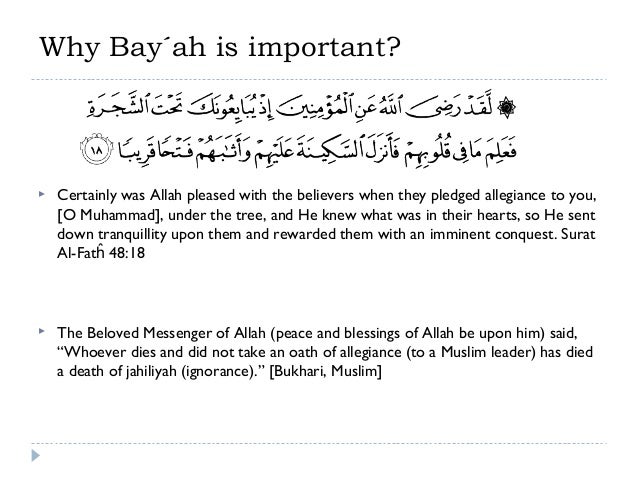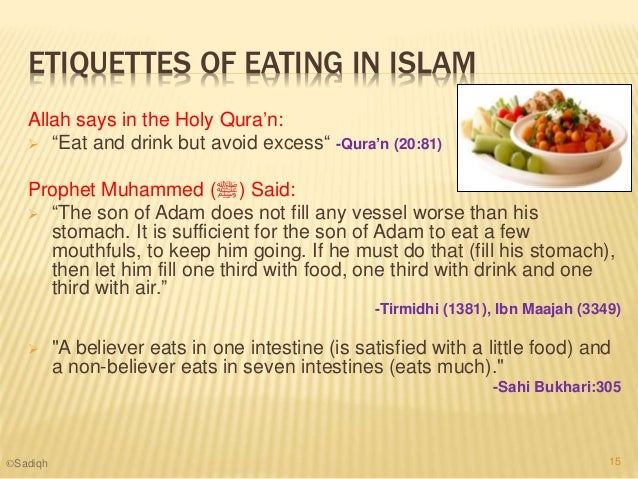
“To proceed, I indeed advice both myself and you to fear Allah, to praise Him as he deserves to be praised, to combine hope and fear, and to unite persistency with supplication (and prayer). For indeed, Allah praised Zakariyyah and the members of his household by saying:
“Verily, they used to hasten on to do good deeds, and they used to call on Us with hope and fear, and used to humble themselves before Us.” [21:90]And know, O slaves of Allah... that Allah has taken covenants from you, and that He has purchased (from you) that which is little and fleeting for that which is plentiful and everlasting. Here among you is the Book of Allah, whose wonders never run out, and whose light never extinguishes. Believe in Allah’s speech, be sincere to His Book, and seek light from it for the Day of Darkness. Indeed, you have been created only to worship (Allah). And Allah has entrusted you to noble scribes [the blessed angels who record our deeds] who know what you do. Also know, O slaves of Allah, you come and go (on this earth) for an appointed time, and when it is that your time will come you do not know. If your are able to coincide your appointed time with a deed that you are performing for the sake of Allah, then do so. But you will not be able to do so except with Allah’s help…There are people who spent their lives for others, all the while forgetting themselves (i.e. their duties towards their Lord); I forbid you from becoming like them. So hasten, hasten (to perform good deeds), and then there will be salvation, salvation! Verily, you are being pursued from behind by that which travels with greet speed (ie, the time of your life).”












